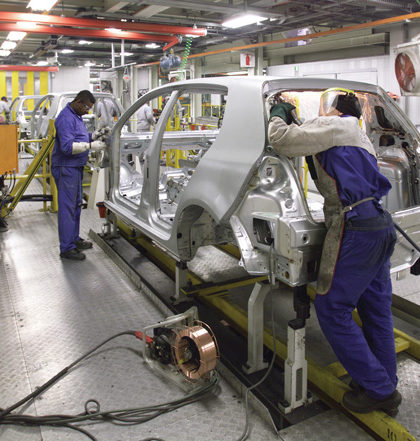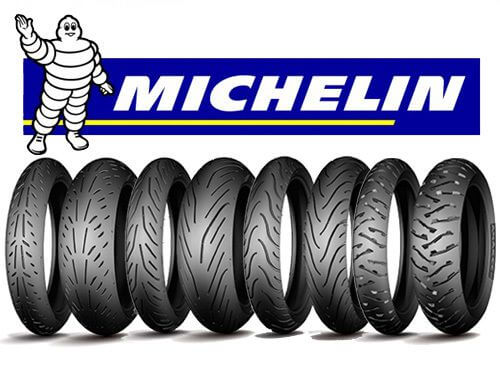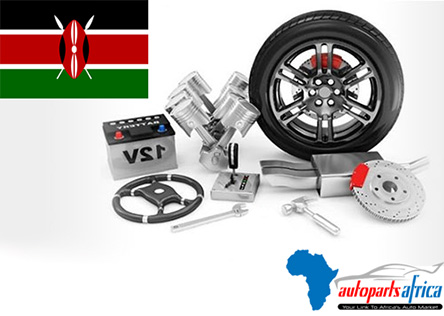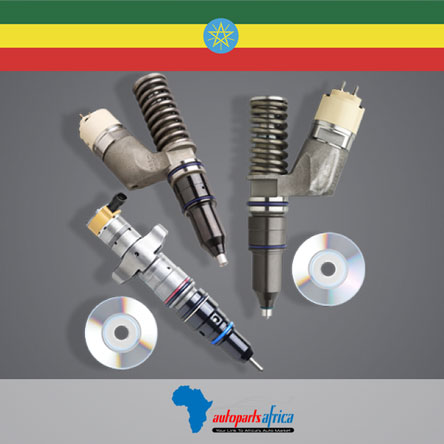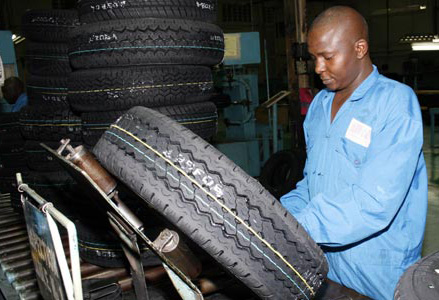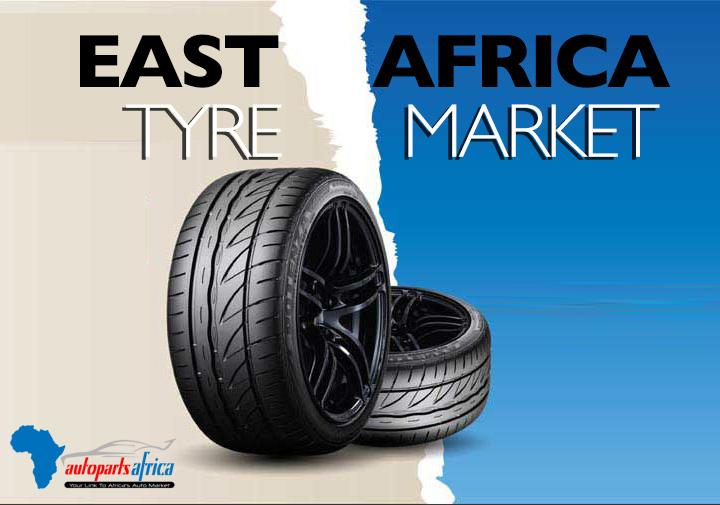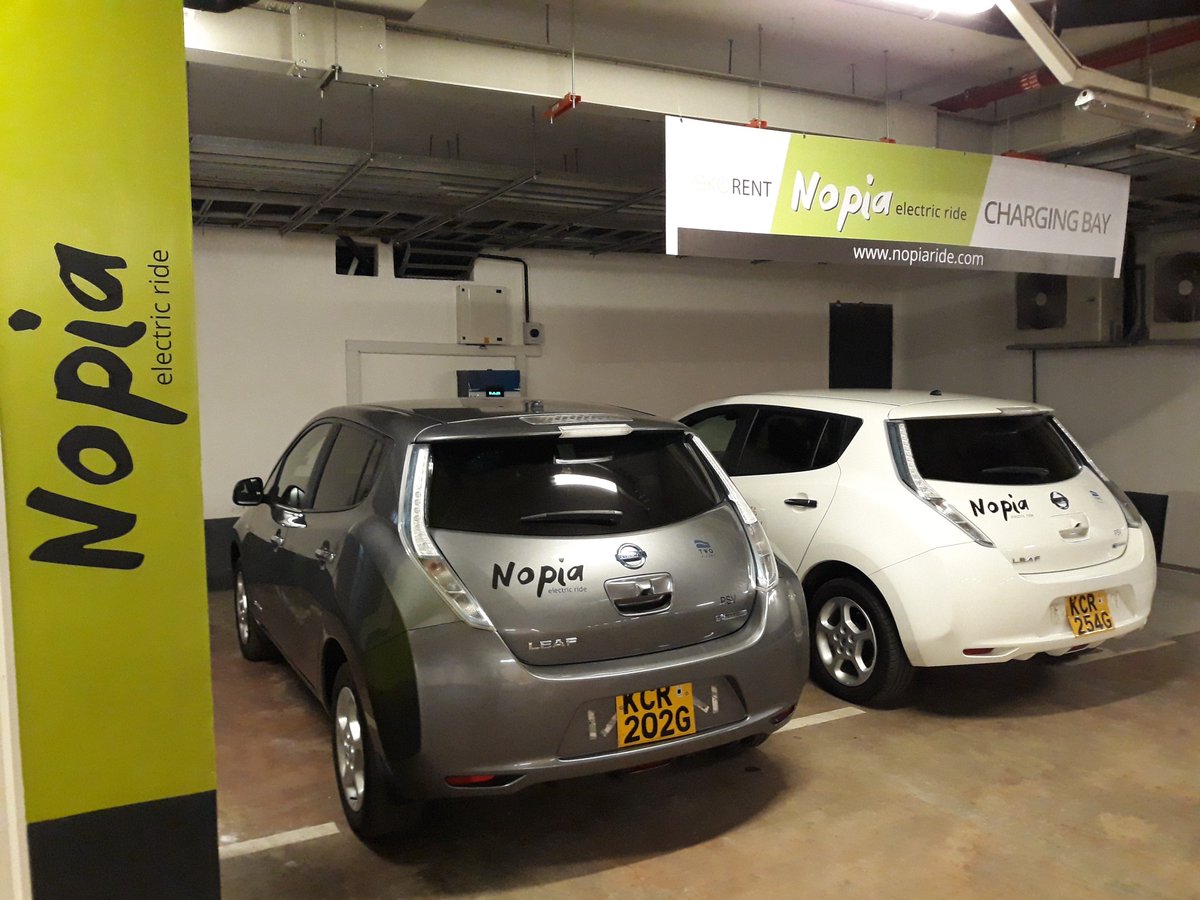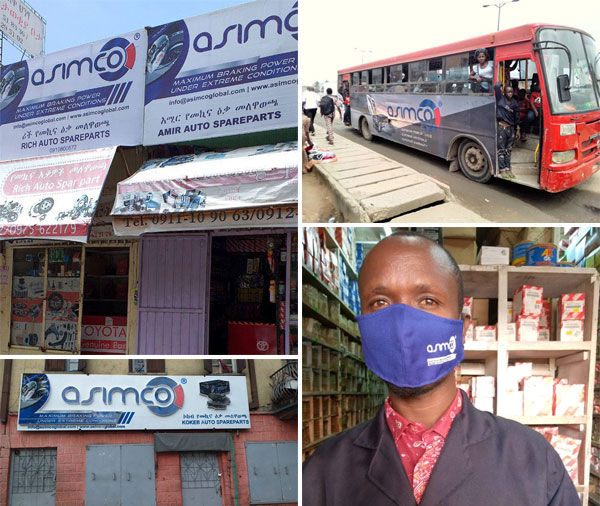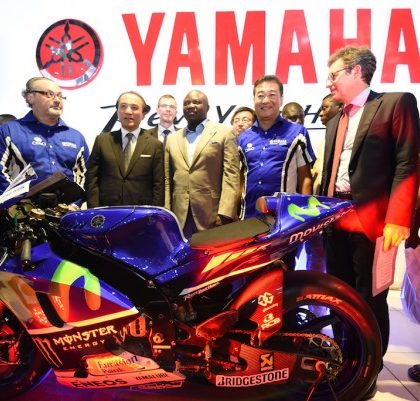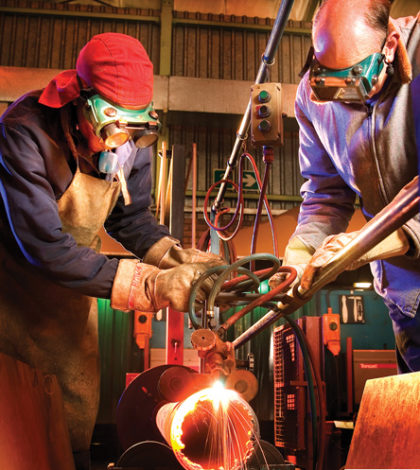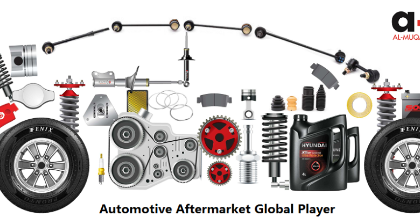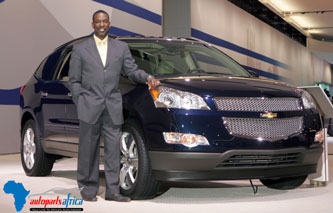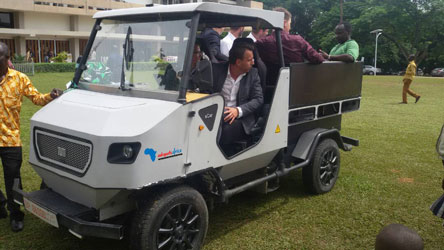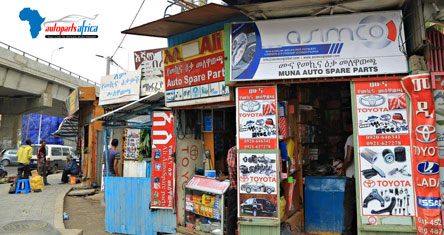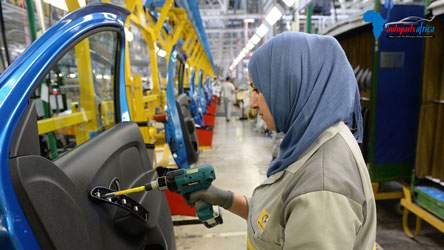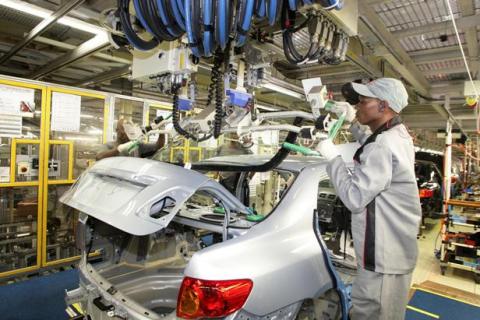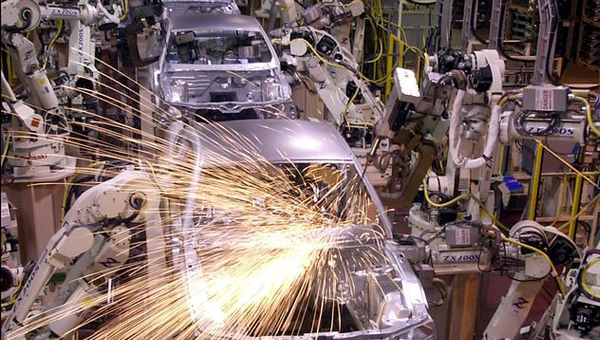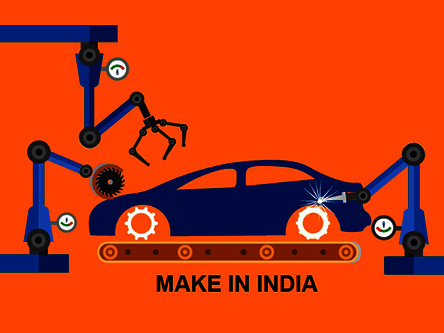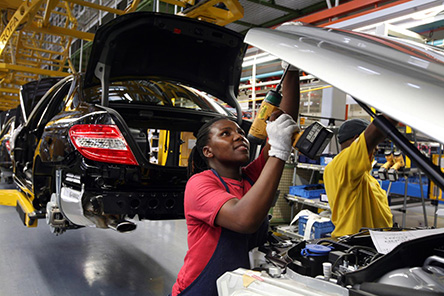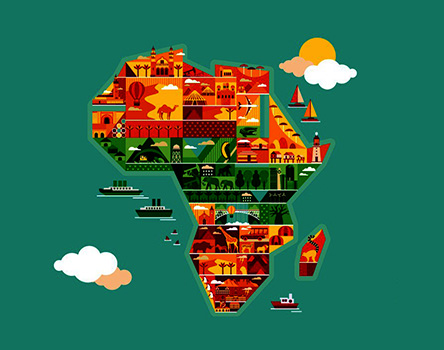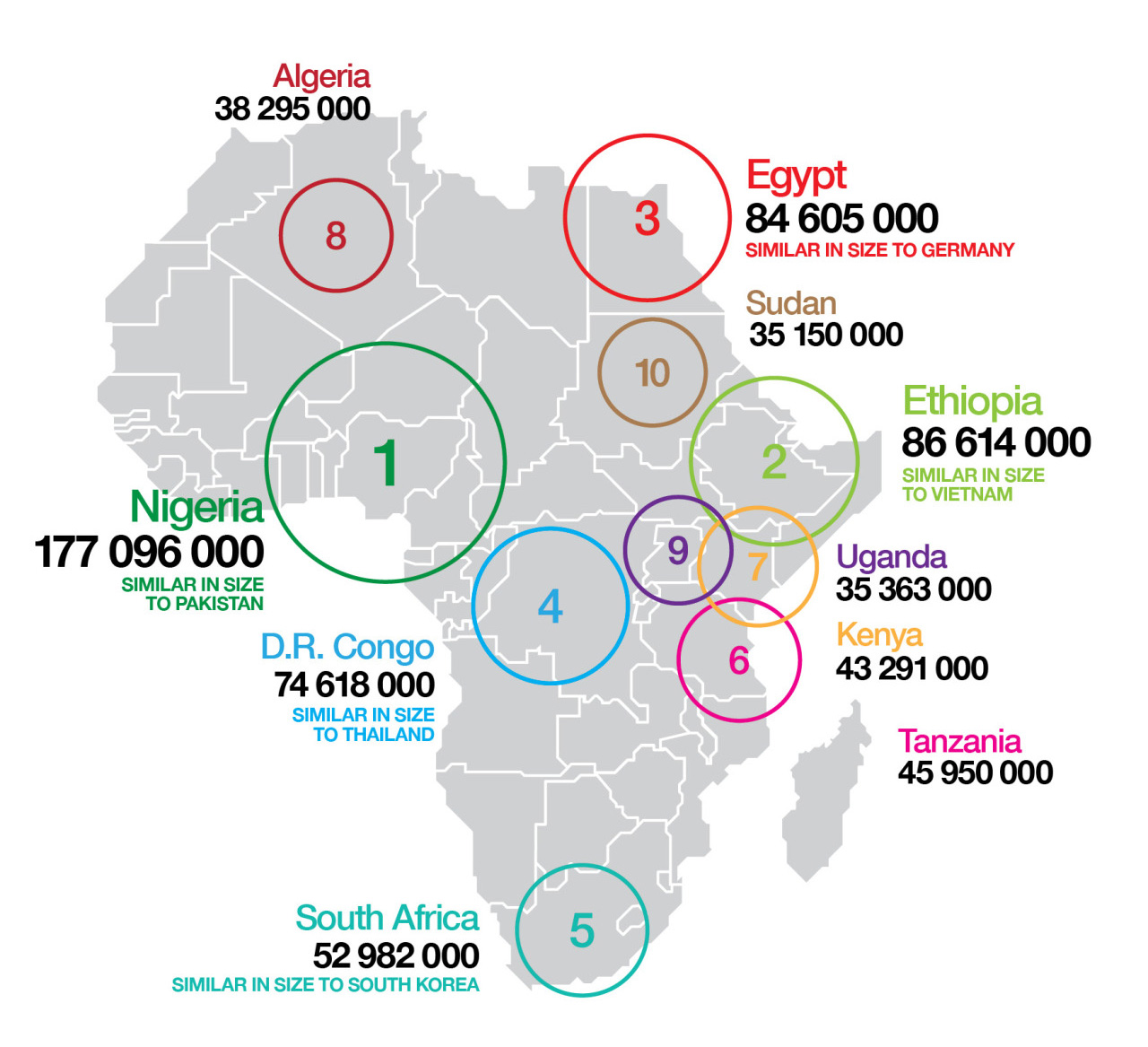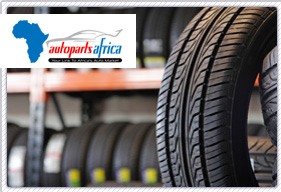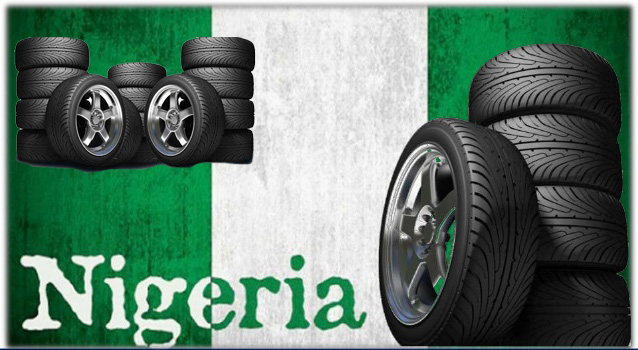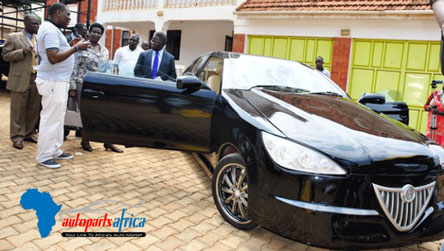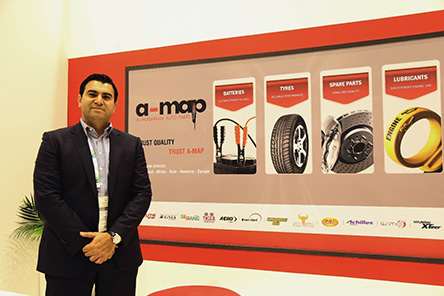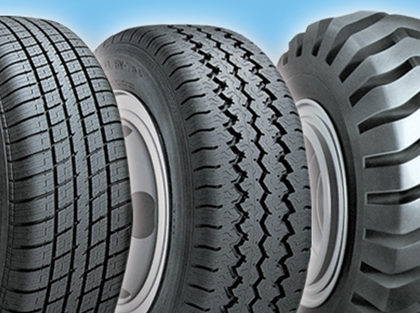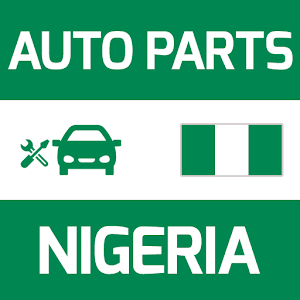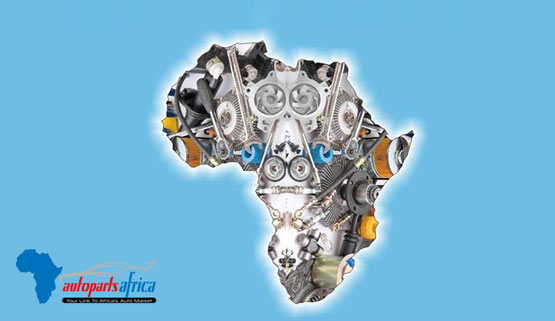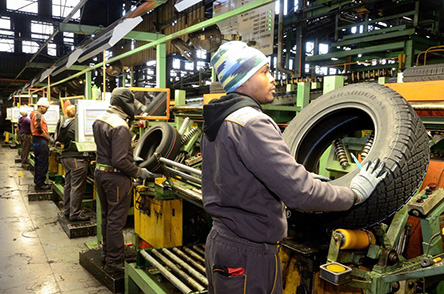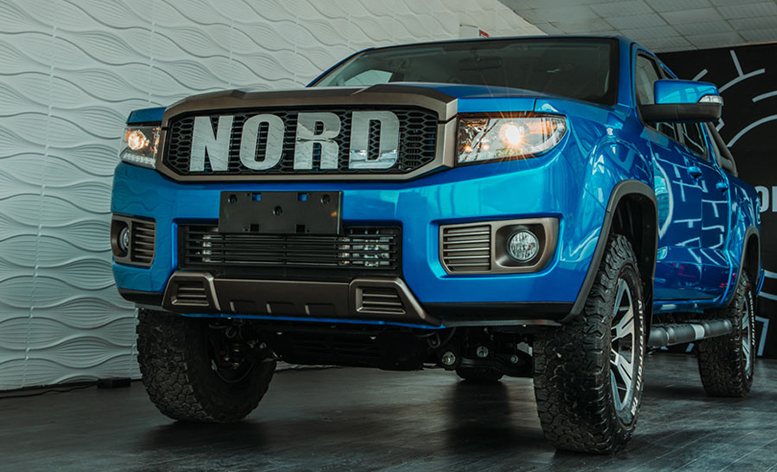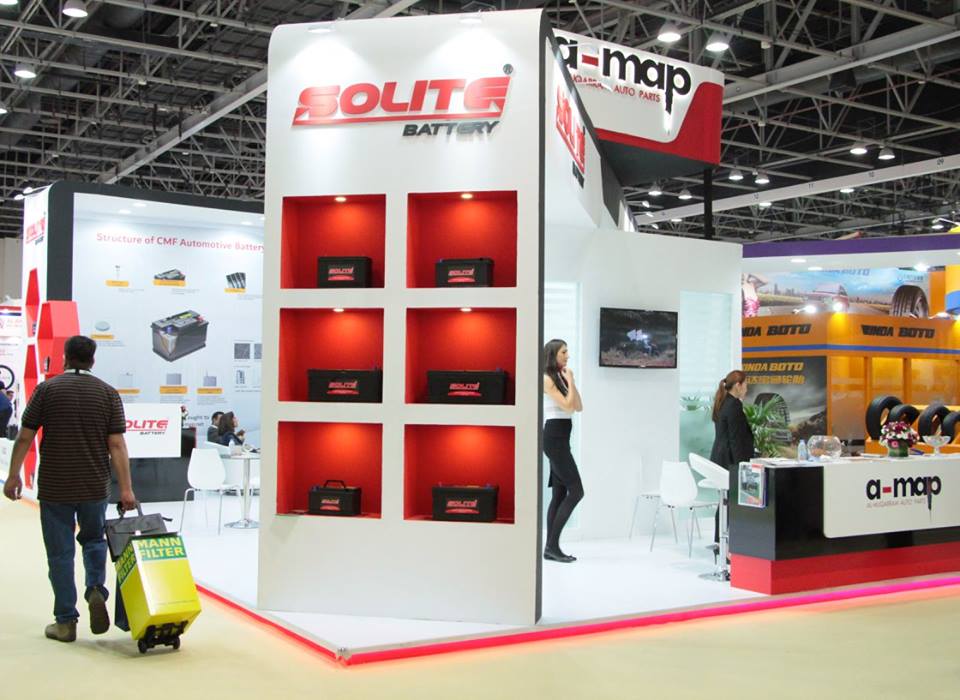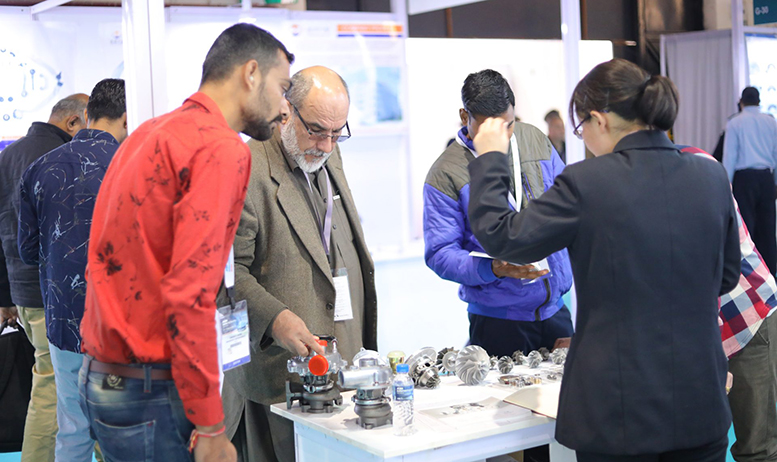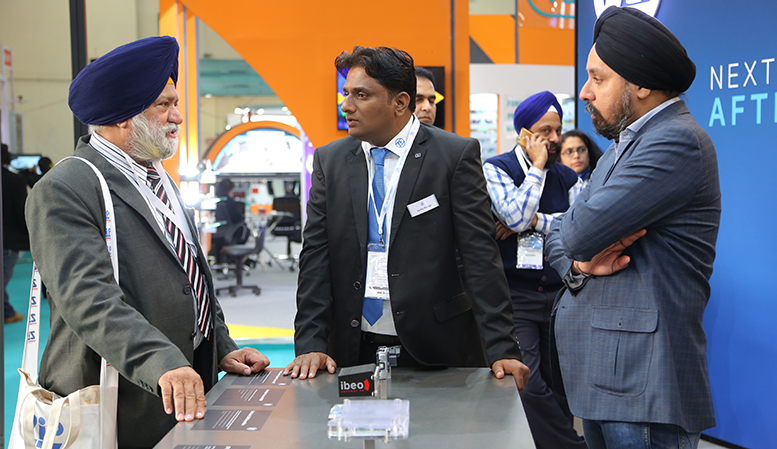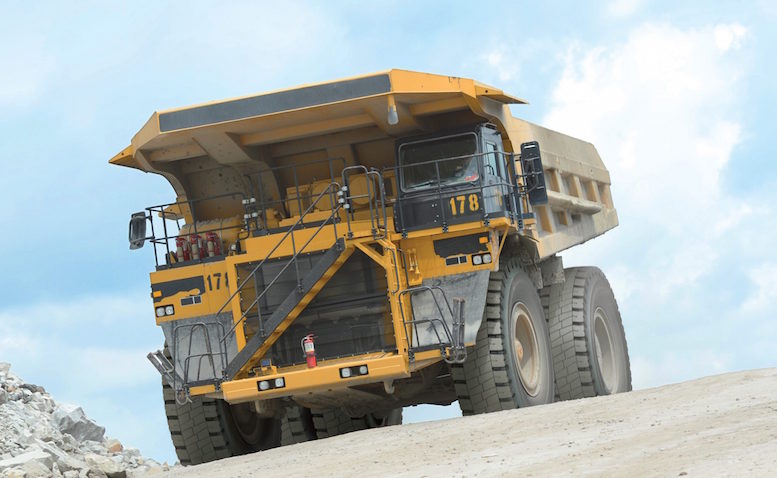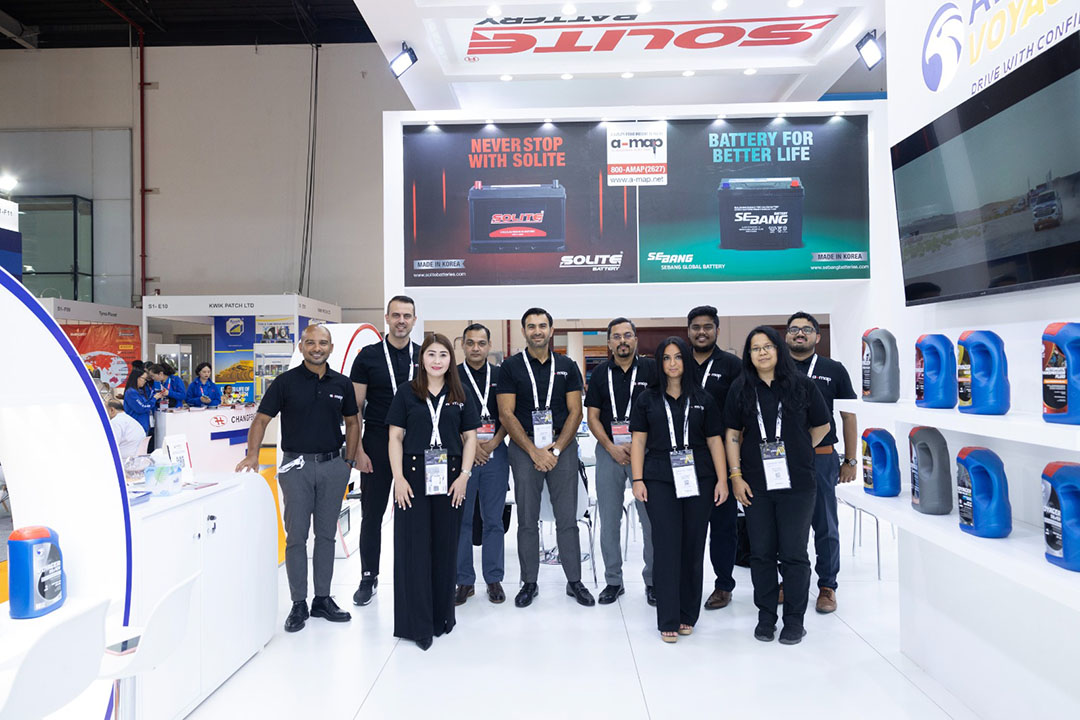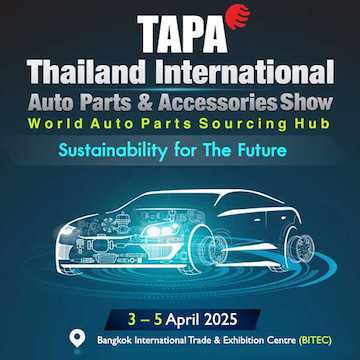Volkswagen targets East Africa's automotive market
Volkswagen, the leading German automaker is aiming to double production and introduce a new model in Kenya. VW’s South Africa chief Thomas Schaefer told President Uhuru Kenyatta at a meeting that “the firm was exploring producing a second model in Kenya, possibly a hatchback – small SUV – while doubling production of the VW Polo Vivo to at least 300 vehicles,”
Developing the automotive industry is the most important component of the President’s industrialization agenda.
President Uhuru welcomed VW’s commitment to the development of its Kenya facility, saying that the country had a ready market for cars made in Kenya, provided that they were sold at affordable prices. “We will walk this journey with you to produce affordable cars. Our plea is that you price these vehicles reasonably,” the President said.
 President Uhuru added “We are very keen that our youth, a highly educated group, can get to work in a company of great technological sophistication as VW, which is why we welcome your plans to go full throttle to increase production,”
President Uhuru added “We are very keen that our youth, a highly educated group, can get to work in a company of great technological sophistication as VW, which is why we welcome your plans to go full throttle to increase production,”
He looks forward to a successful operation in Kenya, Nigeria and South Africa.
Kenya aims to produce a major auto manufacturing plant, with the capacity to meet the supply needs of East and Central Africa.
VW was set up in Kenya in 2016, and its first car was out less than a year later.
In 2015, Japanese car manufacturer Toyota started assembling some models while last year, French automaker Peugeot started manufacturing cars in Kenya.
Volkswagen opened a new assembly plant in Kenya in 2016 and launched plans for a ride-sharing service in Rwanda as it seeks to take advantage of surging car demand in Africa.
"Overall car sales in Africa are bound to rise by 40 percent within the next five years, that is why we are expanding our business," said Volkswagen Brand CEO Herbert Diess.
Passenger vehicles were Kenya's fourth-largest import and the volume of imported cars grew 300 percent in the last decade. Many of the imports are second-hand cars from Japan or the United Arab Emirates.
PROJECT RWANDA
Part of the project also involves the construction of an assembly plant in Kigali.
Tiny Rwanda has no established vehicle industry, but it does have a population with an average of less than 20 years old and a commitment to clean energy.
Volkswagen said it was also considering introducing electric cars into the country.
"Rwanda is well-suited to be a pioneer of new mobility solutions as it has a population of young tech-savvy people and its capital Kigali is seen as the most connected city in Africa," said Schaefer.
An investigation phase will last until May next year and the company aims to have the first cars assembled in Rwanda by the end of 2017.
As in Kenya, the amount of the investment and production capacity have not been revealed.
Deloitte sees Africa as the "final frontier" for the global automotive industry, with its enormous growth potential.
The motorisation rate on the continent is only 44 vehicles per 1,000 inhabitants compared to a global average of 180 vehicles per 1,000 inhabitants.
There were 300,000 cars in Rwanda last year, in a country of 12 million people, the CEO of the Rwanda Development Board, Clare Akamanzi, said as she welcomed the deal. Most of the cars on the roads are second-hand imports from countries such as Japan.




